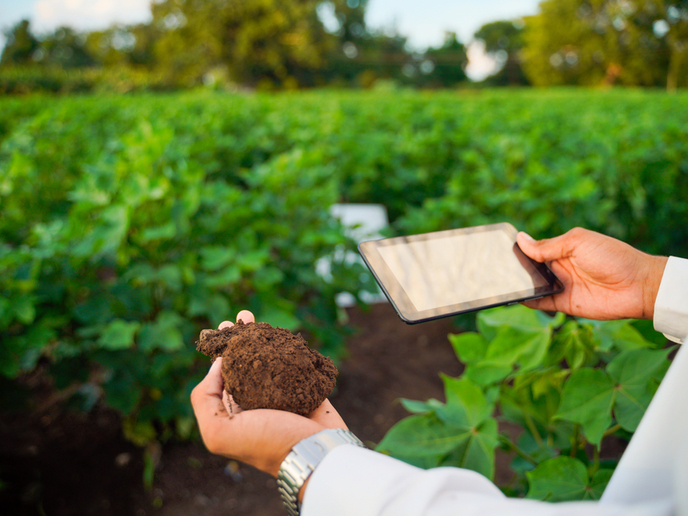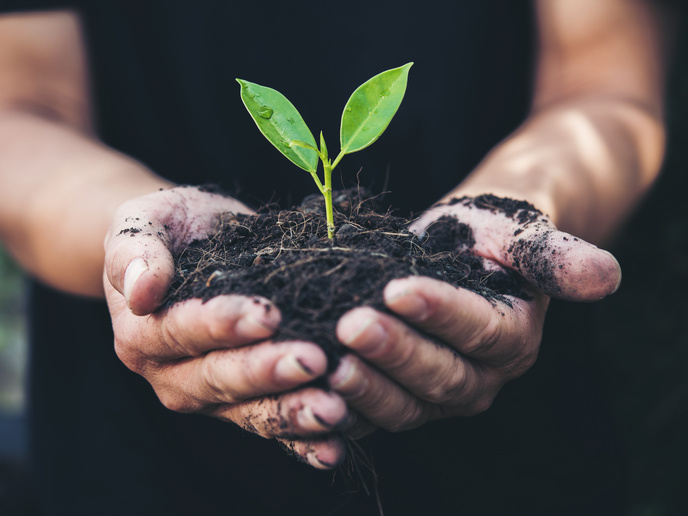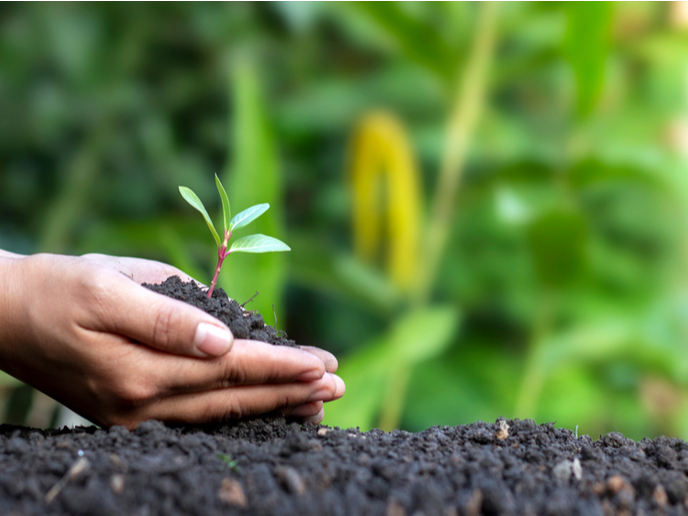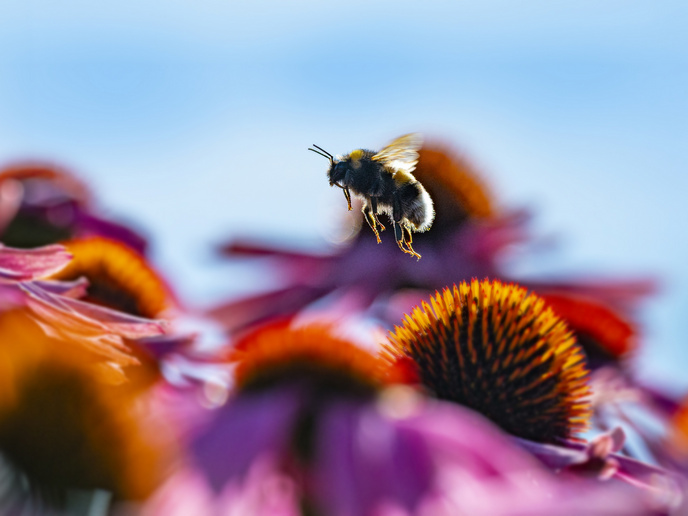New app assesses soil quality and enables more sustainable agriculture
Agriculture is unarguably the foundation of organised and settled society. But it’s also a constant reminder of how unsustainable our current production models are. According to the Food and Agriculture Organization (FAO), the world’s topsoil – which we need to grow 95 % of our food – could be gone within 60 years. If that were to happen, nature would take 1 000 years to rebuild it. As if that wasn’t alarming enough, many questions related to the creation of a more sustainable land management model still go unanswered. We don’t know, for instance, which soil properties can be used as reliable markers of improvement in soil quality. And when researchers identify something that works, often policy fails to follow course and stakeholder support is missing due to a lack of involvement of the entire value chain from the get-go. “A French city mayor told us the only thing he needed to protect soils was more information,” Luuk Fleskens, associate professor in Sustainable Land Management at Wageningen University, notes. “That’s why we decided to launch the iSQAPER (Interactive Soil Quality Assessment in Europe and China for Agricultural Productivity and Environmental Resilience) project, which aims to provide science-based, easy-to-apply and cost-effective tools to assess soil quality and function.”
Reliable recommendations in the palm of your hand
With the reliable knowledge and data provided by iSQAPER, land users can assess the quality of their soils and make well-informed decisions about its use. They can do so by downloading SQAPP, an iOS and Android soil quality app. It has been developed, tested, evaluated and improved by farmers, scientists, practitioners, agricultural service providers and policymakers. “SQAPP grants free access to soil maps and data for any location of choice. It assesses the most likely threats to soil quality status and provides targeted advice on how to improve it. Users can also interact with the databases and upload local data to refine our analysis and recommendations,” Fleskens explains. The project team fed its app with valuable data thanks to 14 study sites across Europe and China. In Europe, they could benefit from very diverse pedo-climatic conditions within a common EU context to address the issue of soil quality decline and its mitigation. Access to China, on the other hand, was enabled by the EU-China Task Force on Food, Agriculture and Biotechnology (FAB), first established in 2013. “Our four study sites there are situated in quite different pedo-climatic zones than those that we could find in Europe. Yet they face similar soil quality and management issues,” says Fleskens. In total, the project identified 138 different agricultural management practices and tested their effect on soil quality across eight different climatic zones and 32 potential farming systems. There is precious advice for all stakeholders, no matter the context and location. In Crete for instance, Fleskens and his team focused on comparisons between conventional tillage, no tillage and pesticides, and no tillage and no pesticides. The impact of each combination on soil erosion and loss of organic content – the main threats faced by farmers on the island – was analysed and compared with alternatives. Besides SQAPP, the project team has also developed a toolkit for policymakers, researchers and land managers wanting to monitor and assess soils at the local, regional or continental scale. In the long run, the team expects an important uptake of suitable farming and agricultural management practices. In Portugal for instance, farmers sharing their experience with a multidisciplinary audience have already enabled major discussions about agricultural practices in the country.
Keywords
iSQAPER, topsoil, soil quality, management practice, sustainability, tillage, pesticides, soil quality assessment







